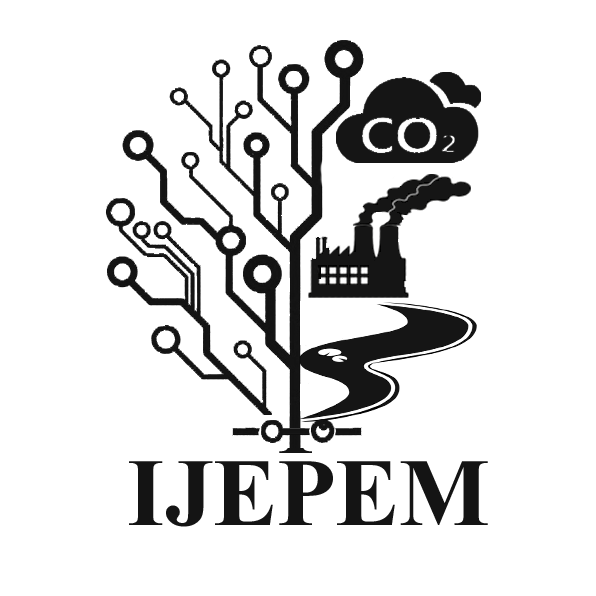
International Journal of Environmental Pollution and Environmental Modelling
Yazarlar: Sukru DURSUN
Konular:Çevre Bilimleri
Anahtar Kelimeler:Medical waste,Solid waste,Recovery,Waste management,University hospital
Özet: During the activities of hospitals, medical waste is generated as a natural result of the process. Although medical wastes are produced as a result of activities to improve health quality, they have a high risk of health problems if they are not managed appropriately. More and more importance are given to medical waste management in terms of health risks in the world and in our country and academic studies are carried out in terms of the most appropriate disposal methods. Disposal methods in addition to the superiority of appropriate methods in eliminating health risks, disposal costs also require multidisciplinary management in order to impose financial burden on health institutions. University hospitals need management because of the environmental impacts they generate due to high rates of waste generation. The most important environmental risks arising from health institutions are medical and hazardous waste management problems. Wastes from university hospitals are grouped in terms of their nature and capability. Domestic wastes, packaging wastes, medical wastes, hazardous wastes, radioactive wastes, wastewater containing high concentrations of tissue and body fluids are produced from health institutions. Wastes from university hospitals are subject to waste management applied in other health institutions in that they are the same in character as wastes from health institutions. It is better to supervise and implement the management of wastes from university hospitals. Because large amounts of waste are produced, the results are more traceable and more appropriate in terms of results. In this study, besides the reduction of hospital-generated wastes, the studies carried out for the evaluation and the studies that can be done were evaluated.